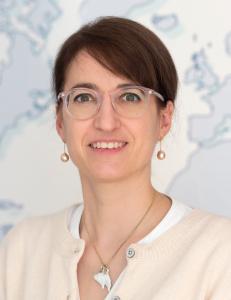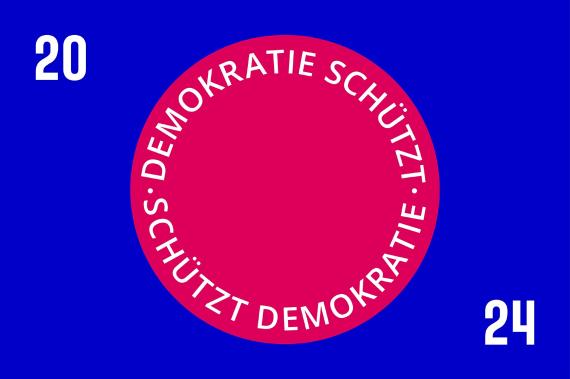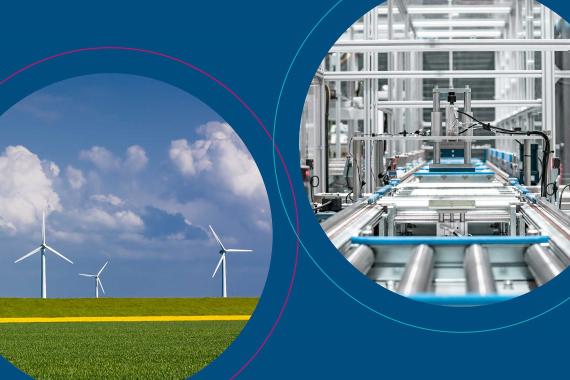Die nachfolgende Übersicht enthält eine Liste bestellbarer Print-Publikationen. Wählen Sie einfach die für Sie interessanten Veröffentlichungen aus und ordern Sie diese bequem per Post über unser Bestellformular!
Katja Christina Plate
 katja.plate@kas.de
+49 26996 3598
katja.plate@kas.de
+49 26996 3598

Head of the Strategy and Planning Department
Franziska Faehnrich

Strategy and Planning, Publications













